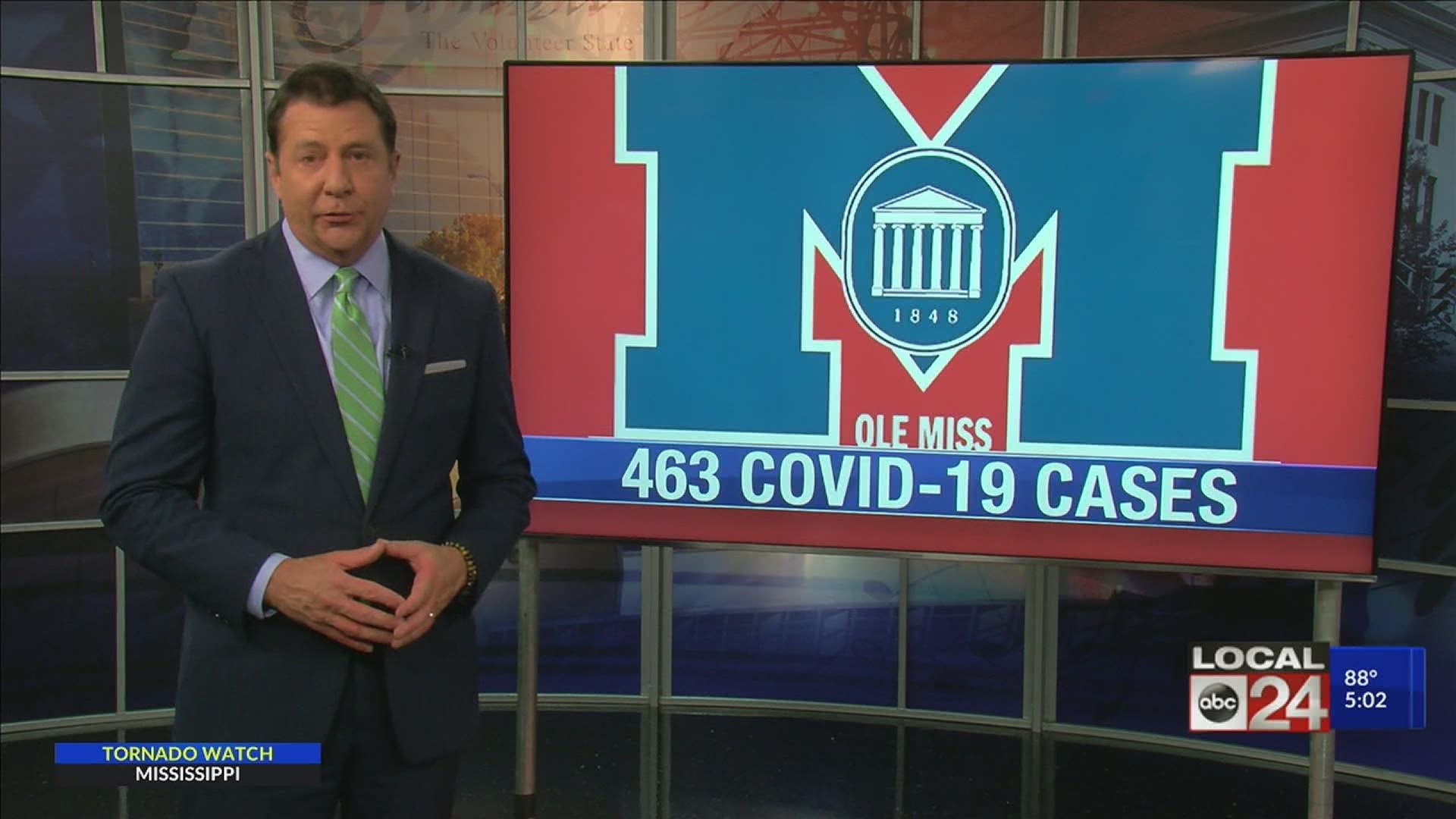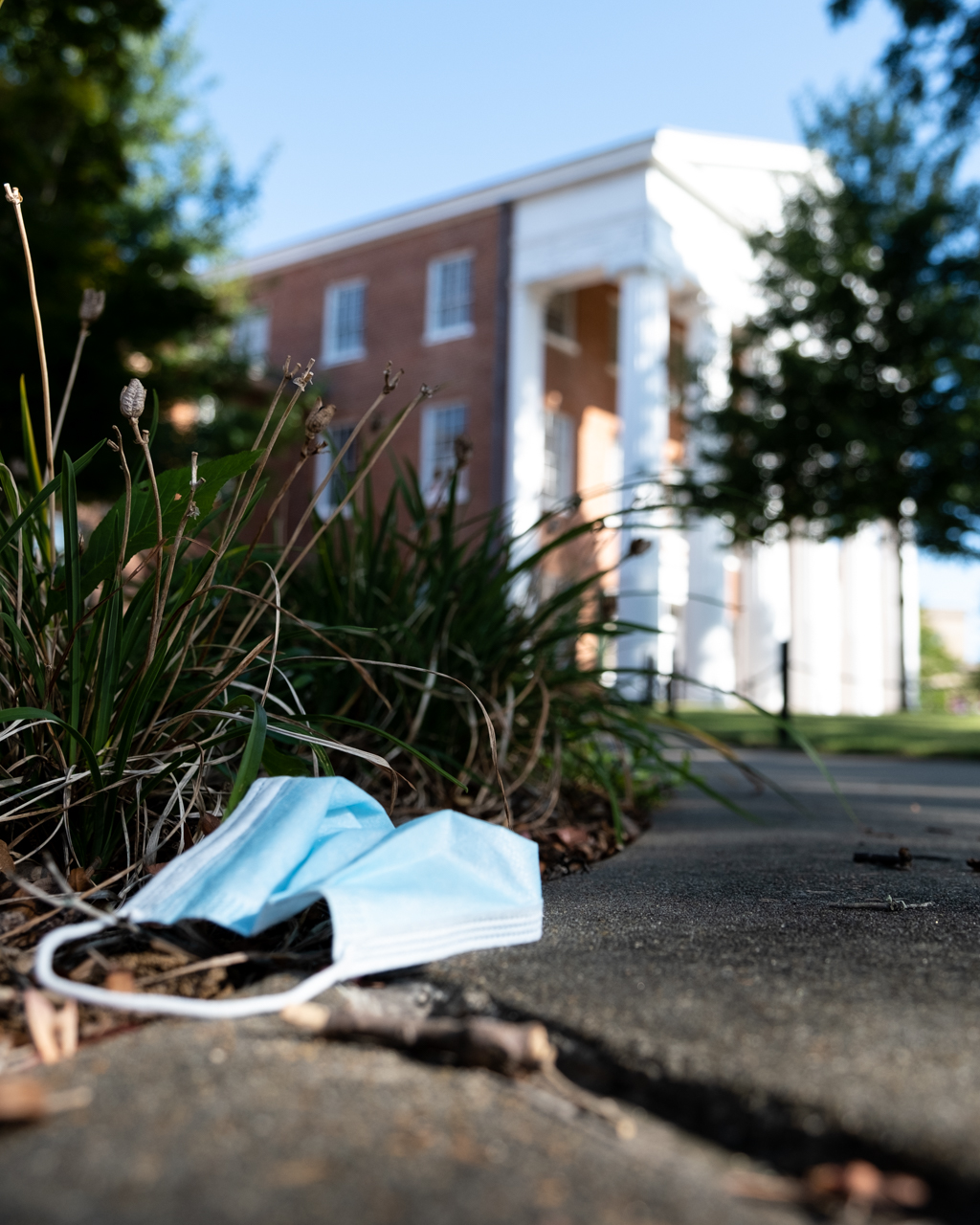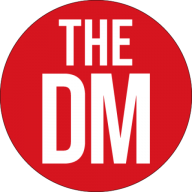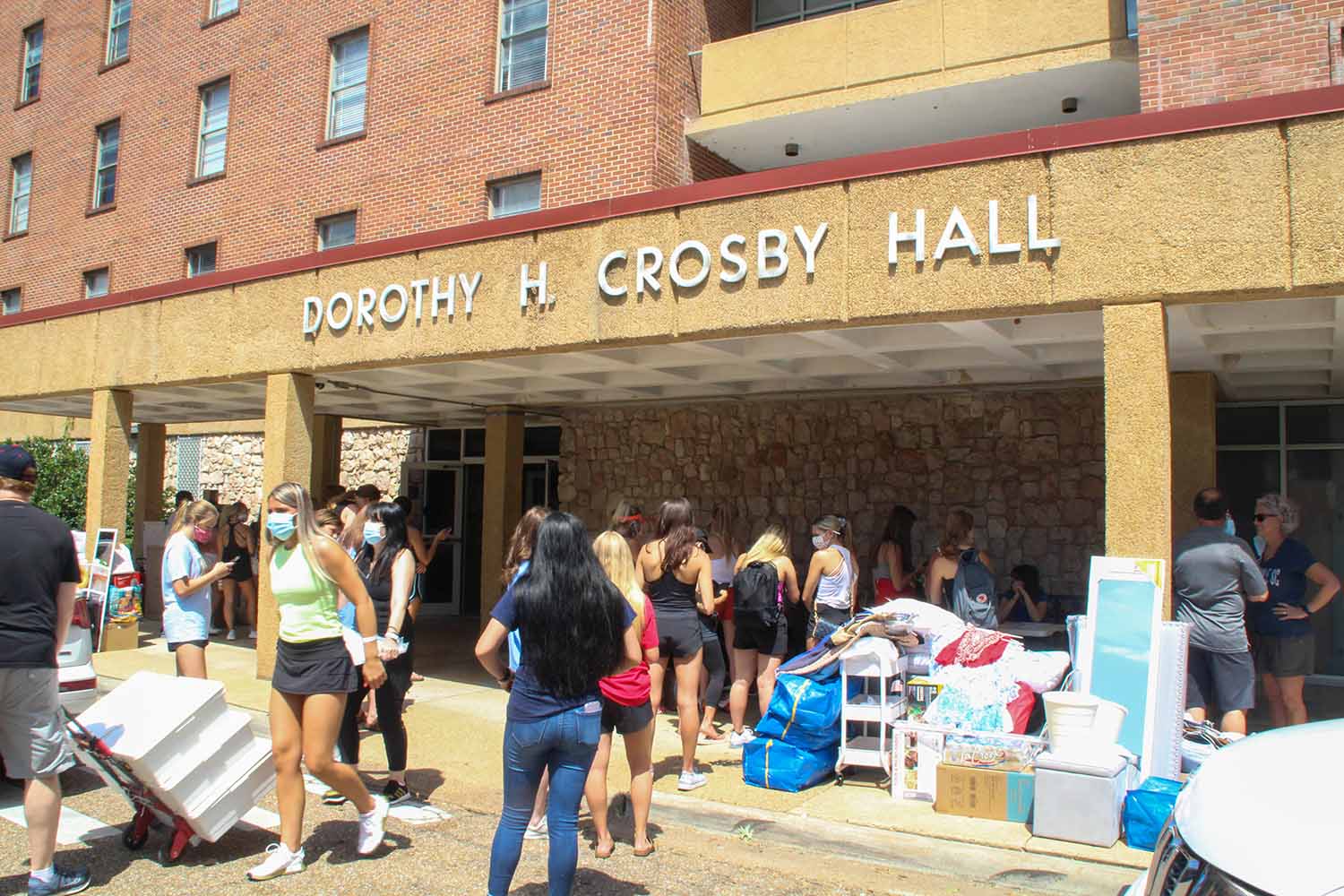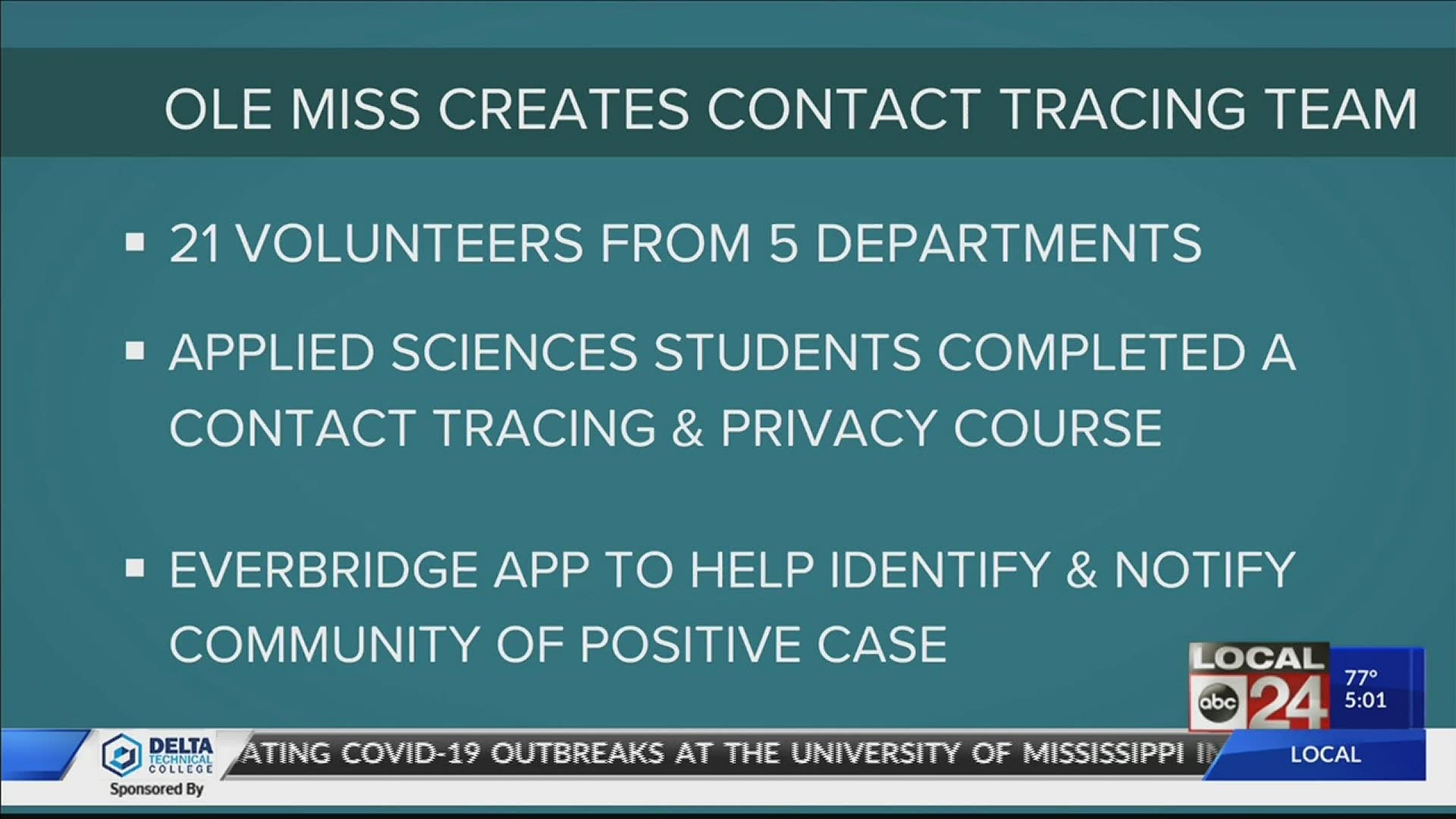OXFORD, Miss — UPDATE 9/1/2020 - The University of Mississippi is dealing with nearly 500 cases of COVID-19 on campus, with six outbreaks of three cases or more within campus housing.
The school is having a hard time figuring out where to house of all of the people who have to quarantine.
According to the Ole Miss newspaper The Daily Mississippian, emails went out that residents in dorms with a cluster of three or more cases would need to find a space to quarantine. But because of limited quarantine spaces on campus, some students were urged to return home or isolate themselves off-campus in nearby apartments or hotels.
Health officials are concerned this could lead to COVID-19 spreading off-campus.
---------------------------------------
UPDATE 8/20/2020 - The University of Mississippi says two more student athletes have tested positive for COVID-19, making it a total of 15 student athletes and one employee who have tested positive.
11 of the 15 athletes are on the same team. A source tells Local 24 News that the 11 from the same team are not from the football team.
----------------------------------------------
8/19/2020 - The University of Mississippi says 13 student athletes and one employee have tested positive for COVID-19 at the Oxford campus.
The university says 11 of thee 13 student athletes are on the same team. They were tested as part of a mass screening of student athletes who were returning to campus. The school says results of testing for other student athletes are pending.
Those who tested positive are being isolated, and the school is conducting contact tracing to determine who may have had close contact with them.
Meanwhile, the University of Mississippi says it has formed a contact tracing team as part of its COVID-19 response. The following news release comes from the university.
When medical experts recommended contact tracing as another tool to help curtail the spread of COVID-19, University of Mississippi leaders began creating an internal team and extensive process to notify members of the campus community who may have come into contact with a positive case.
Many universities have looked outward for expertise or assistance to augment official contact tracing efforts of state health departments. For UM's Oxford and regional campuses, Alex Langhart, director of University Health Services, realized that the expertise and talent needed to tackle this important task existed on campus in the School of Applied Sciences, where degree programs focus on the intersection of human health and service
The university's contact tracing team is composed of 21 volunteers from the school's five departments, as well as the Institute of Child Nutrition, and each brings a unique skill set to help inform Ole Miss students, faculty and staff as they begin engaging on campus again for the fall semester.
"Back in May, after speaking with Dr. Byers and Dr. Dobbs at the Mississippi State Department of Health, I knew it would be critical to supplement the state's overall strategy for contact tracing in a university's environment," Langhart said.
"On such a mobile campus, we needed to be able to quickly identify positive patients and quarantine those they exposed. Dean (Peter) Grandjean answered the call and ran with it."
Every volunteer from the School of Applied Sciences has completed the COVID-19 Contact Tracing Course from Johns Hopkins University and trained for HIPPA compliance to protect the privacy of faculty, staff and students.
The university's "Campus Ready" plan calls for any student, faculty or staff member who develops symptoms of COVID-19 or has been exposed to someone suspected of or confirmed to have COVID-19 to notify University Health Services immediately. University Health Services will provide testing and ask anyone who has been tested to isolate until they receive their results.
The university is also launching the EverBridge app, available in app stores across multiple devices, to help the school's contact tracers identify and notify Ole Miss community members who have been in close contact with someone who has tested positive for COVID-19, helping minimize the spread.
Peter W. Grandjean, dean of the School of Applied Sciences, explained the process of how contact tracers will implement emergency response to minimize the spread of the virus even before MSDH has time to act.
"Our contact tracers are working closely with University Health Services to contact all people identified as case-positive," Grandjean said. "We will use the app, information from the Provost's Office, classroom assignments and seating charts as part of our contact tracing.
"The contact tracers will reach out to let you know you've been identified as someone who has been in contact with a positive case and ask you to quarantine."
Contact tracers also will ask a series of questions to help further prevent the spread of the disease, Grandjean said. They will issue certificates for students to give instructors and for employees to give supervisors to let them know they will not physically be on campus for the 14 days they are in self-quarantine.
The contact tracers will submit all information gathered to the Mississippi State Department of Health for follow-up.
One of the volunteers for the contact tracing team is Lolita Gregory, project manager for the School of Applied Sciences who is responsible for getting the school's facilities campus-ready for the fall.
"Our major work in applied sciences is to be impactful in improving health and well-being," Gregory said. "The work of contact tracers will undeniably seek to improve both the health and well-being of all individuals within our university community. I think we are definitely walking the walk and talking the talk."
As a contact tracing volunteer and director of the new undergraduate public health and health sciences program, professor Allison Ford-Wade is inspired to incorporate what she learns from the experience into her classroom. Contact tracing aligns with the mission of her program and the purpose of her role as associate dean for community engagement in the School of Applied Sciences, said Ford-Wade, who has more than 20 years of teaching and practical experience in public health.
"This is what we do as public and community health professionals," said Ford-Wade, one of three contact tracers from the Department of Health, Exercise Science and Recreation Management. "In the field of public health and community health promotion, we work with individuals to discuss everything from their health status to their health needs and wants.
"Contact tracing is necessary, and we are excited to work with MSDH to provide rapid responses for UM."
Brad Crowe, co-director of the UM Speech and Hearing Center in the Department of Communication Sciences and Disorders, is one of six volunteers from his department. Clinical and support staff in the speech, language, hearing, and swallowing clinic work with the public daily in a health care setting where professionals are trained to protect privacy and safely handle medically sensitive information that is protected by HIPAA.
"Contact tracing largely involves communicating," Crowe said. "As speech-language pathologists and audiologists, we work with communication daily. Contact tracing also involves helping an individual plan.
"As we go through an interview with COVID-19 contacts, we gather information and jointly develop a plan with each individual to ensure they have the means necessary for physical and emotional success throughout the process."
Maci Flautt is an associate director of cooperative agreements and one of four contact tracers from the Institute of Child Nutrition. She served as a public health prevention specialist at the Centers for Disease Control and Prevention in Atlanta and Tampa, Florida, when both monkey pox and SARS outbreaks occurred.
During her time with the CDC, she worked with health clinic doctors and patients to contact and identify those who may have been exposed to foodborne illness or had contact with individuals diagnosed with tuberculosis or sexually transmitted diseases.
"I hope that my skill set can help slow down the spread to others, lower the anxiety of those we have to reach out to and increase the confidence of UM students, parents, faculty and staff," Flautt said.
"My involvement fulfills the mission of ICN by providing research-based information and services for child nutrition programs. It is critical for us to continue providing research-based information and services."
Wesley Jennings, department chair and professor in the Department of Criminal Justice and Legal Studies, has more than a decade of research in criminal justice and criminology and engagement in community partnerships. This experience enables him to identify issues and needs, develop evidence-based plans and effectively implement those plans.
"This is exactly the strategy for informing the purpose and role of contact tracers for UM," Jennings said. "As a criminal justice/criminology scholar and educator, we frequently tackle issues related to public health, emergency management, community safety and reducing risk.
"These themes are inherently ingrained in UM's response and decision to train and launch the contract tracing team."
Read more about the university's COVID-19 plan and "Campus Ready" plan here.

